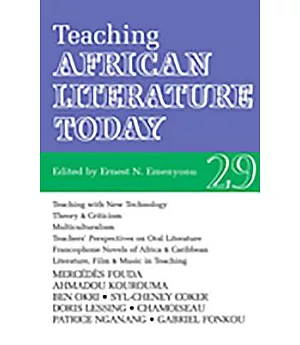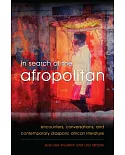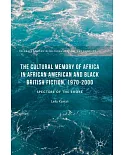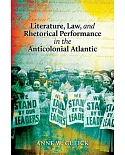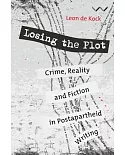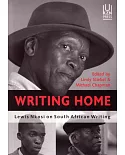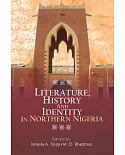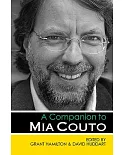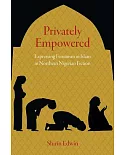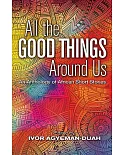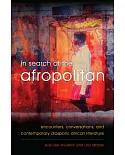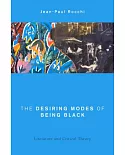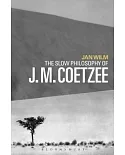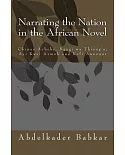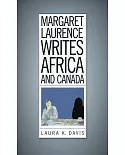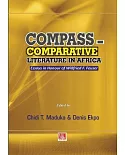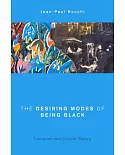Focuses on theoretical and pedagogical approaches to the teaching of African Literature on both sides of the Atlantic and beyond. The publication of Chinua Achebe's Things Fall Apart in 1958
drew universal attention not only to contemporary African creative imagination, but also established the art of the modern African novel. In 1986, Wole Soyinka became the first African to win
the Nobel Prize for Literature, and opened the 'gate' for other African writers. By the close of the 20th century, African Literature had gained world-wide acceptance and legitimacy in the
academy and featured on the literature curriculum of schools and colleges across the globe. This special issue of African Literature Today, examines the diverse experiences of teachers of
African Literature across regional, racial, cultural and national boundaries. It explores such issues as student responses, productive pedagogical innovations, the impact of modern technology,
case studies of online teaching, teaching Criticism of African Literature, and teaching African Literature in an age of multiculturalism. It is intended as an invaluable teacher's handbook and
essential student companion for the effective study of African Literature. Ernest Emenyonu is Professor of Africana Studies at the University of Michigan-Flint, USA; the editorial board is
composed of scholars from US, UK and African universities Nigeria: HEBN

